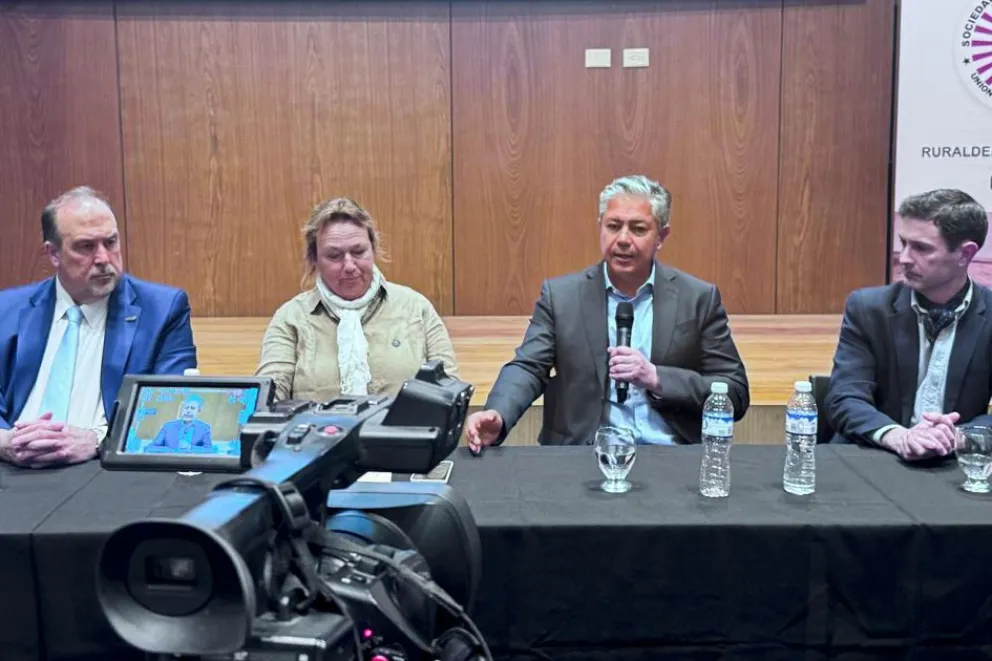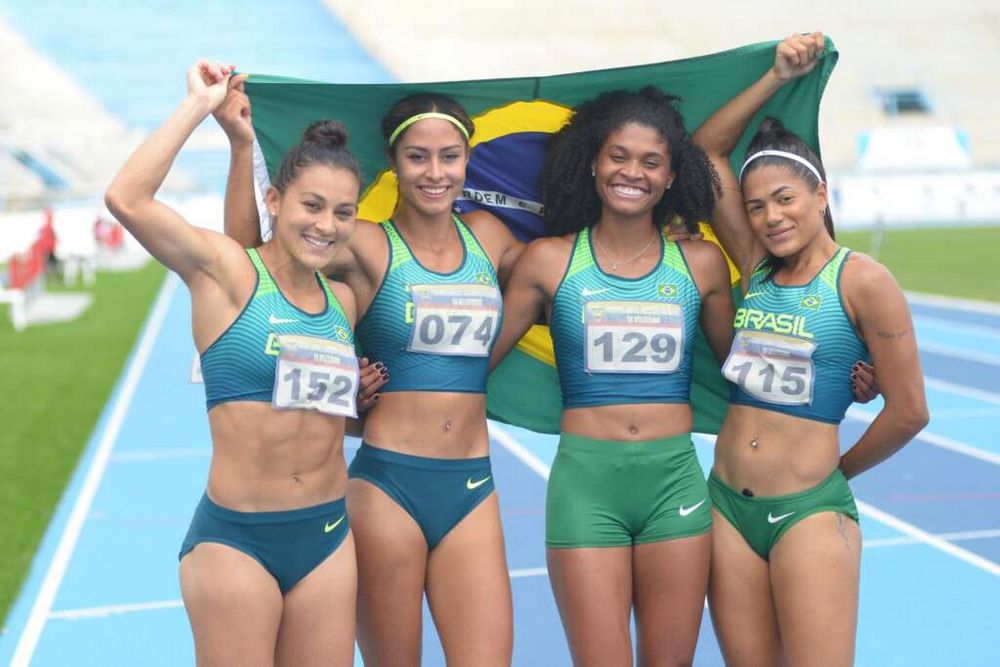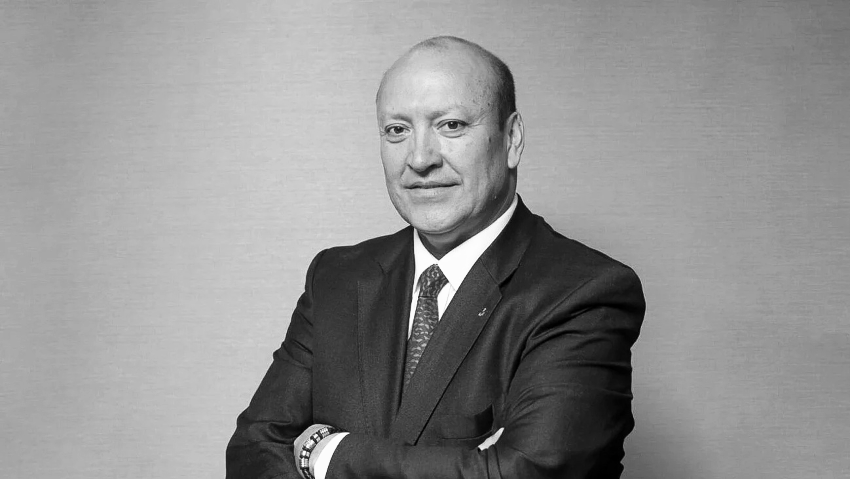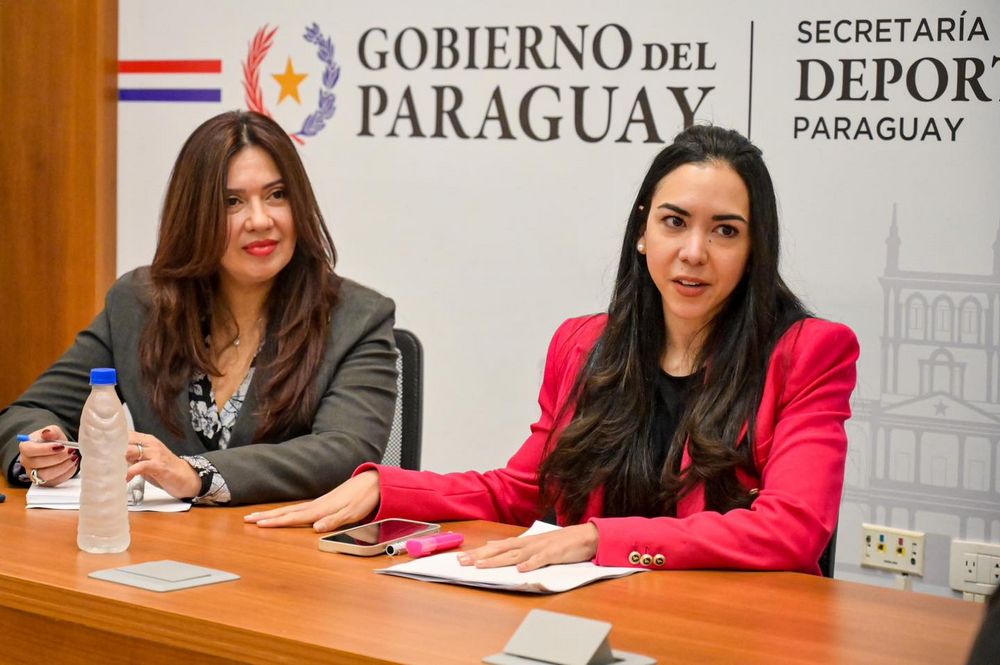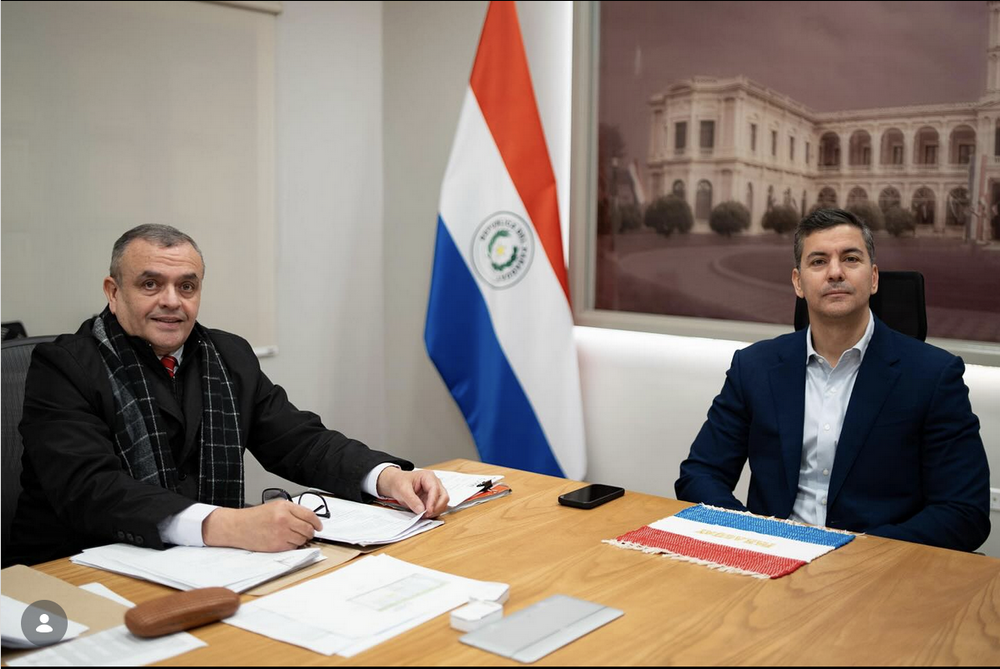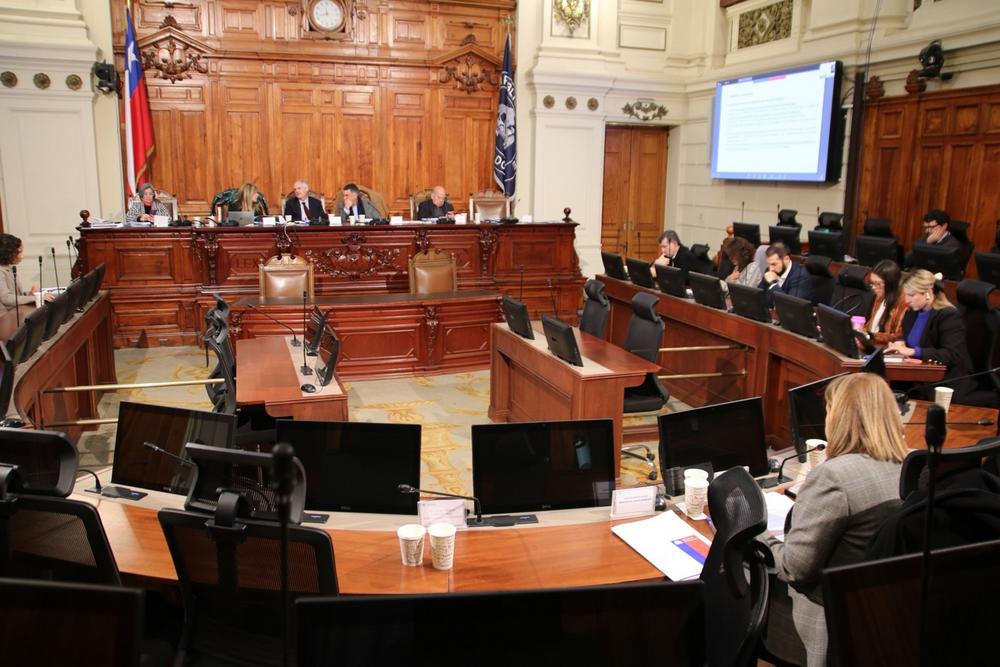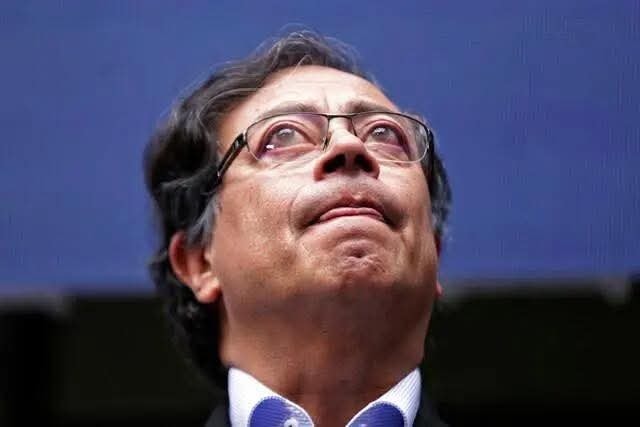The Dominican Republic’s long-awaited gambling regulation feels more like a slow ballad than an upbeat anthem, as industry players and legal experts press for clarity and urgency. The executive’s draft bill aims to overhaul the current framework by creating a dedicated General Directorate for Gambling, unifying regulation across casinos, sports betting, lottery terminals, bingos (electronic and traditional), and online gambling.

But not everyone is convinced. The Dominican Association of Casinos (ADCJ) criticized the rushed presentation, calling it “missing the beat” of constructive dialogue. While acknowledging the bill includes positive reforms—like user protection clauses and stronger rights for license holders—the ADCJ cautioned that excessive rigidity, increased bureaucracy and the requirement for separate licenses for slots versus casinos could drive major operators underground.

Meanwhile, legal expert Yamile Gutiérrez urged a deeper review, suggesting legislation should explicitly define regulatory authority instead of delegating vague powers. She also proposed a tax structure tied to Gross Gaming Revenue, with proceeds channeled into public health, addiction prevention, and youth sports programs—practices common in other Latin American jurisdictions.

Despite its ambitions, the bill has hit discord. Critics say it prioritizes revenue over social responsibility, citing steep licensing fees, tight spatial restrictions near schools and churches, and limited provisions for problem gambling aside from the standard "gambling affects your health" warning.
With lawmakers divided and the Senate still reviewing, stakeholders warn that a piecemeal or overly fiscal focus could tip the industry’s cadence off-key. Without balanced social, fiscal, and operational harmonies, the country risks derailing a well-timed reform—leaving both operators and citizens offbeat.











